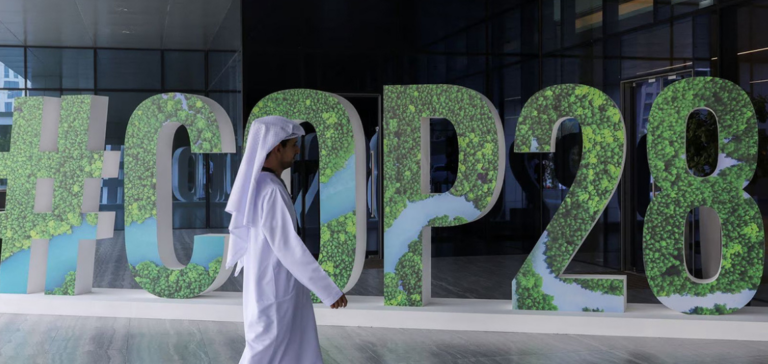A significant milestone has been reached amid intense preparations for the UN climate change conference in Dubai. The supervisory body for Article 6.4 of the Paris Agreement, after two years of intensive negotiations, has agreed a framework for project methodologies and carbon removals. These recommendations will be presented to COP28 for approval by the GCA of the Paris Agreement.
Carbon Exchange Mechanism
Article 6 of the Paris Agreement sets out the rules for global trade in greenhouse gas emission reductions. It provides countries and companies with an essential means of achieving and accelerating their climate objectives. Article 6.4, in particular, allows a company in one country to reduce its emissions locally and sell them to another company in another country. This operationalization will provide a new structure for the global carbon market.
Objective 2024
Olga Gassan-zade, President of the Article 6.4 Supervisory Body, expressed confidence that the mechanism would be fully implemented by 2024. The decision on eligible carbon projects was a difficult process, marked by tense and demanding negotiations.
Challenges and solutions
The recommendations on greenhouse gas removals and methodological requirements were particularly challenging because of their impact on the mechanism as a whole. However, the ratification of a document finalized by the countries at COP28 is eagerly awaited with some trepidation. Carbon markets, both regulated and voluntary, are following these developments closely.
Impacts on the Carbon Market
The voluntary carbon market is directly concerned by Article 6.4, as it will create a new emissions trading market. In addition, the definition and adoption of the rules remain uncertain, raising questions among buyers and developers of carbon projects.
Consensus Difficult
Agreement on eligible projects and methodologies took longer than expected. Virtual meetings were held to agree practical standards for the development of carbon credit methodologies and carbon removals.
Technical problems and solutions
Difficult questions have emerged concerning baselines and their adjustment, as well as the rules for including greenhouse gas removals under Article 6.4. The supervisory body has recognized the need for further guidance on these issues.
The methodologies developed will have a major impact on the voluntary carbon market, which is currently facing problems of integrity and accusations of greenwashing. In addition, the UN-backed rules of Article 6.4 could provide the direction needed to restore investor and buyer confidence in the voluntary carbon market.
The agreement on the Article 6.4 framework represents a major step forward in the fight against climate change. As COP28 approaches, the world looks forward to the ratification of these directives, which could fundamentally transform the global carbon market and accelerate global efforts to reduce greenhouse gas emissions.





















